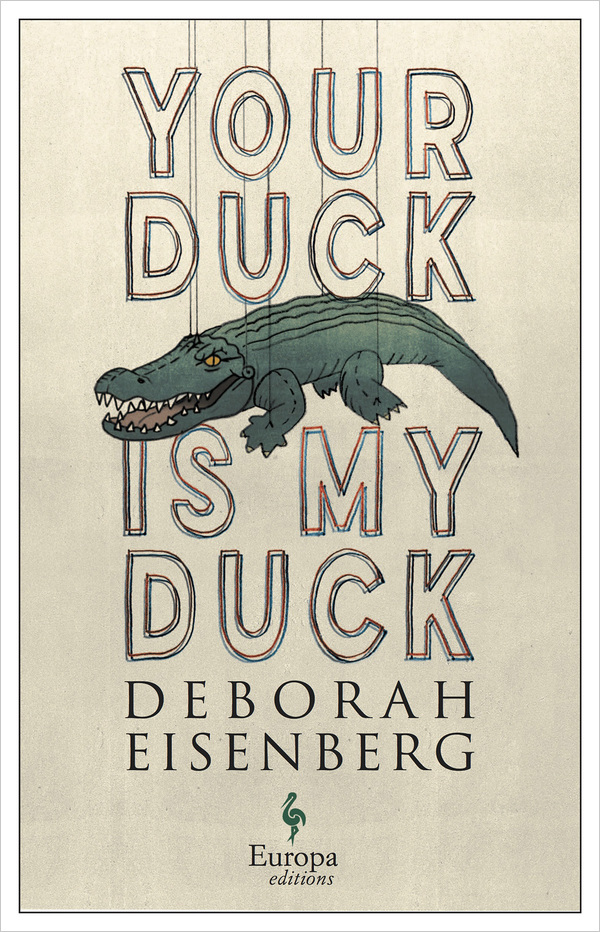What do you think?
Rate this book


223 pages, Paperback
First published November 25, 2018
"Gentleman," he said, with a tiny bow, "I have a great deal to gain from this transaction, assuming it all proceeds as anticipated. But if at zero hour, by some mishap, it should fall through, let me remind you that, owing to the billable hours clause you were so kind as to append to our contract, only you will be the losers. ... But perhaps a moment of sobriety is in order at this point, a moment of reflection about the tenuous nature of careers. Or, to put it another way, don't think for a moment that if the boat is scuttled I'll throw you my rope. I'm sure you all recall the Zen riddle about the great Zen master, his disciple, and the duck trapped in the bottle?"
He drained his large glass of wine, glug glug glug. "Everyone recall the Master's lesson? It's not my duck, it's not my bottle, it's not my problem?"